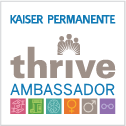
Have you, or someone you know been diagnosed with Hypertension, otherwise known as High Blood Pressure? Described in Wikipedia, the medical term Hypertension is where the blood pressure in the body is elevated. Also known as the “Silent Disease”, high blood pressure affects between 16% through 37% of the population globally, and typically doesn’t present any symptoms. One way to detect hypertension is by using a blood pressure cuff monitor. If your resting blood pressure is consistently at or above 140/90, you probably have high blood pressure. I was in my early 30s and pregnant with my first child when I discovered I had Hypertension. As a result, I have been on and off of a Hypertension treatment plan since 2007.
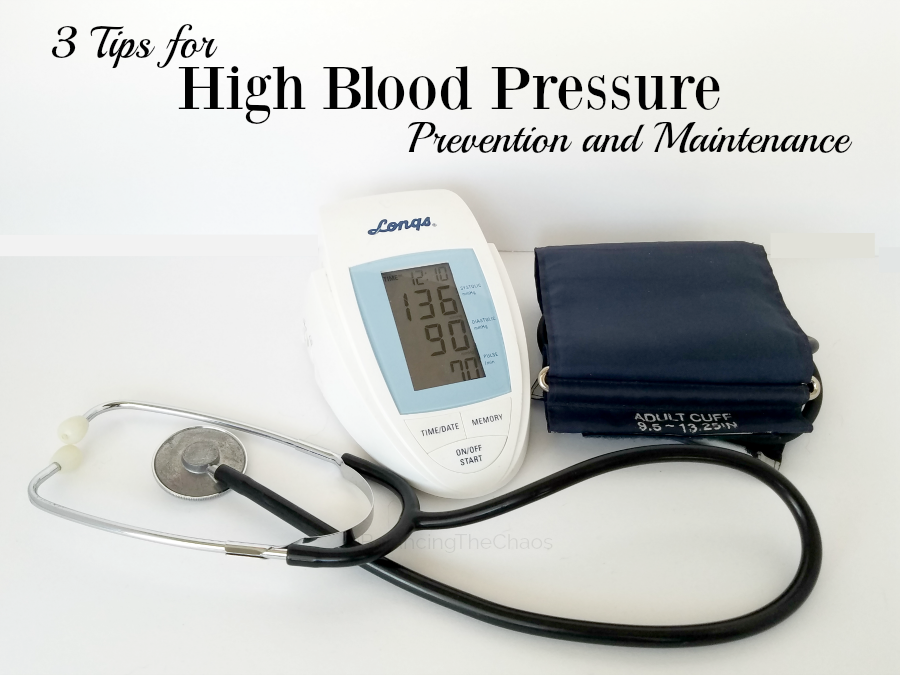
My family has quite the history when it comes to Hypertension. Going back to my maternal grandparents, I recall both my Grandfather and Grandmother being on blood pressure medication for treatment. My paternal Grandfather had two-triple bypasses, my paternal Grandmother had a quintuple bypass, and my father had a triple bypass. Even my mother is on high blood pressure medication. With this family history, I guess I should have taken precautions, but I assumed that in my 20s, I was too young to have heart issues and I never considered having myself checked. It wasn’t until I reached my 30’s that my blood pressure became an issue.
It all started with my first pregnancy, I was 34 years old and became pregnant with my son. At 28 weeks, I was diagnosed with Pre-Eclampsia (high blood pressure while pregnant). When I reached 33 weeks of my pregnancy, I was admitted to the hospital because my blood pressure was still elevated. At 35 weeks of my pregnancy, my labor was induced due to risk to my health and my baby. It was quite a scary time.
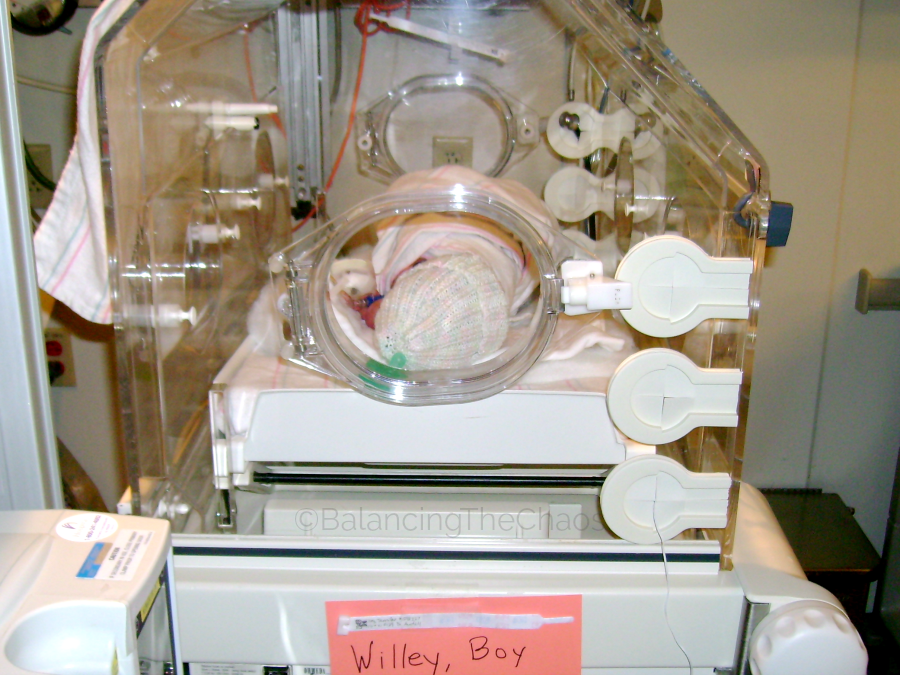
All through the pregnancy, I didn’t notice any symptoms that would indicate Pre-Eclampsia. I noticed that I had gained weight, and was a little more tired, but I attributed that to the pregnancy. While I was on bed rest, the doctor insisted on a “no salt” diet. I wasn’t very happy about that, but with the help of my dedicated husband, I managed to keep sodium out of my diet. Even with pregnancy cravings, I just had to learn to do without. I was finally released from the hospital, a week after I delivered my son, because they were still monitoring my blood pressure. For the next few months, I was on blood pressure medicine and directed by my physician to monitor my pressure regularly. Eventually my blood pressure stabilized and I was directed by my physician to wean myself off of all blood pressure medications.
Upon my second pregnancy, I was concerned that I would have a high risk pregnancy again, but under the watchful eye of my new physician, my blood pressure remained normal. It wasn’t until I delivered my daughter that my blood pressure elevated and again I had to monitor it. I eventually weaned myself off of the medication as directed by my physician.
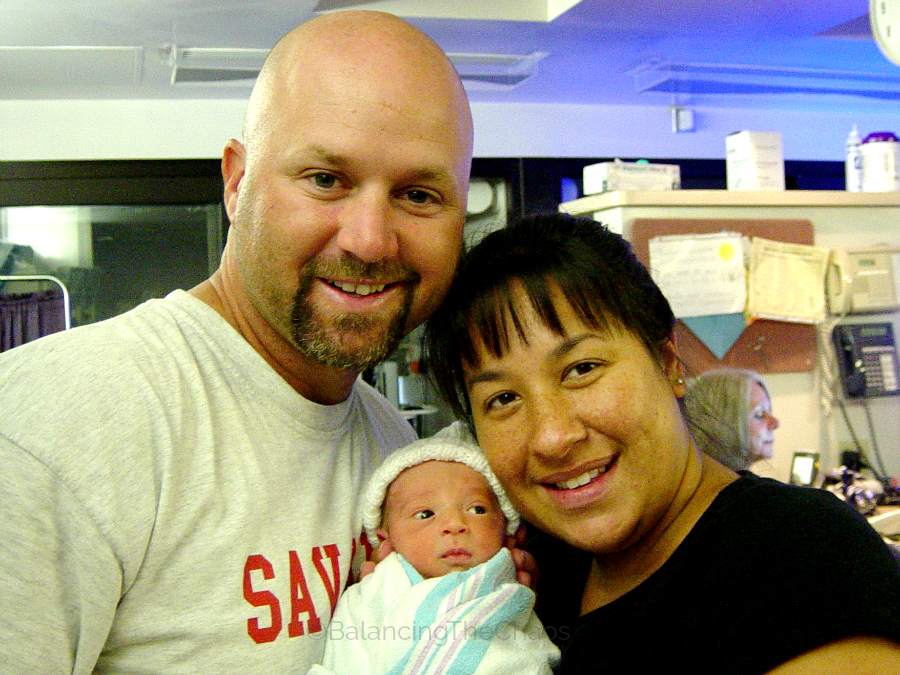
About 2 years later, I recall having a cold and upon visiting my physician, I was informed that my blood pressure was elevated, and I was immediately prescribed medication to reduce my blood pressure. Now, it has been 6 years and I am still on blood pressure medication, and as a matter of fact, I just had a follow up visit with my new physician and she was concerned. My pressure was a bit high again and she prescribed another medication in addition to the one I was already taking.
I recently spoke with Dr. Ileana Spizzirri of Kaiser Permanente Orange County who shared great heart health tips.
3 Tips for Prevention and Maintenance – keeping your heart healthy:
Diet Options:
- Plant Based Diet: A diet that includes fruits, vegetables, grains and good fats
- Choose lean meats: chicken without skin, fresh fish (2 times a week)
- Limit Dairy or choose low fat items
- For snacking, choose wild nuts (like walnuts) which are rich in good fats
- Avoid or limit:
- Fatty foods
- Limit saturated fats
- Limit trans fats
- Reduce sodium or choose low salt options – Low sodium diet means 2000-2400 mg of sodium a day ; most sodium does not come from salt shaker but from processed food
Exercise:
- Exercise 30 – 60 minutes daily if possible.
- 30 minutes of cardio daily would be ideal.
- Exercise can consist of aerobic and non aerobic activities
- Exercising more than 60 minutes doesn’t add any benefit to your health
Things to keep in mind:
-
-
- Maintain a healthy weight
- If you are overweight, lose weight slowly to let your body adjust
- Limit 1 drink a day: one 5 oz. glass of wine, or one 1.5 oz. glass of hard alcohol, or one 12 oz. beer
- Typically vitamins do not really help hypertension, however Omega 3 fatty acid/ fish oil will help your heart
- Read labels and know what you’re eating
- If you eat out more than twice a week you already have too much sodium in your diet
- Motrin or sinus medication can elevate your heart rate and blood pressure
-
You should always keep an eye on your blood pressure. Dr. Spizzirri shared that the best time to take a reading is just after waking up, after visiting the restroom and before morning medication. For the most accurate reading, you should get a blood pressure cuff because the wrist and finger machines are not as accurate. Relax, sit down on a chair, elevate your arm on a table and make sure you are resting comfortably with both feet flat on the ground. After 5 minutes of rest, take your blood pressure. Take 3 readings one minute apart and calculate the average. Follow this routine consistently for a week. If your average blood pressure is 135/85 or higher, be sure to consult your physician right away.
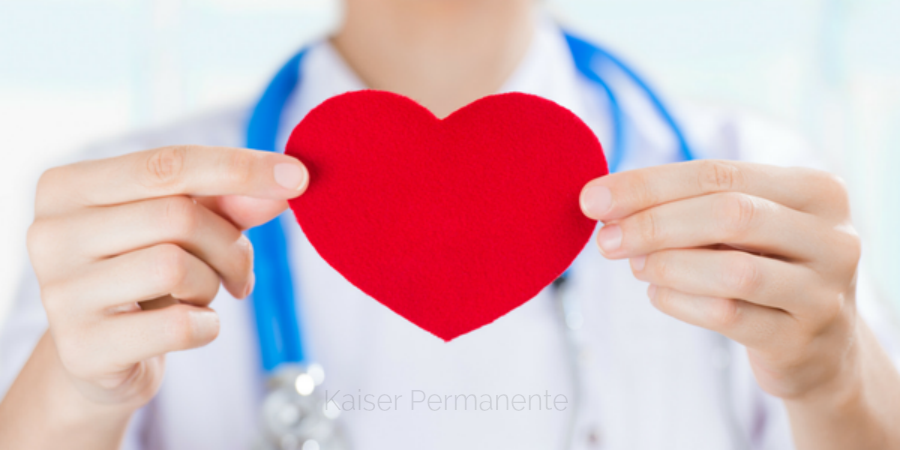
It is important to keep your blood pressure in check. Long term issues with high blood pressure puts you at risk for coronary artery disease, stroke, heart failure, peripheral vascular disease, vision loss, and chronic kidney disease.
Open enrollment is coming soon! In choosing Kaiser Permanente Orange County, you’ll have the ability to select from many services such as: primary and urgent care, emergency facilities, labor and delivery, pharmacy, and lab all housed under one roof. The ability to choose your own doctor based on their specialty is an added bonus. Find out more today at: kp.org/orangecounty.
Connect with Kaiser Permanente via social media, visit Facebook or Twitter.

